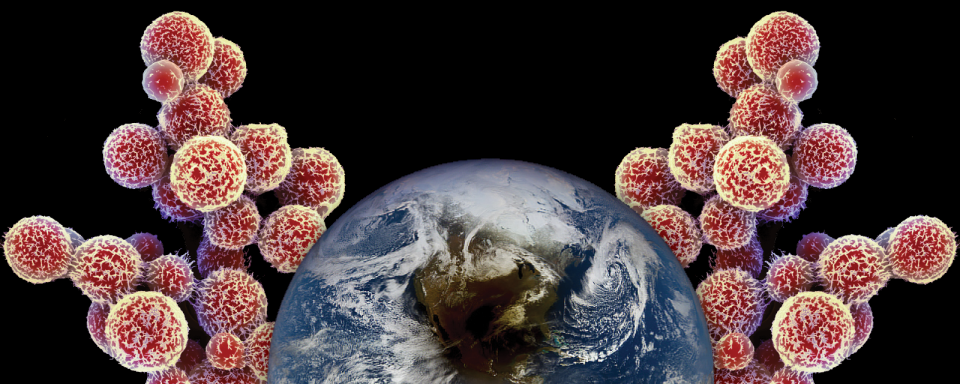
Fungi in a Warming World: Adaptations, Challenges, and Resilience
The Climate and Fungi (CLIF) Research Group invites you to Duke University’s inaugural symposium addressing fungal adaptations, challenges and resilience in a warming climate.
Featured speakers include researchers both internal and external to Duke with pioneering work in the following areas: fungal response to heat stress, thermal adaptation, impacts on fungal disease, antifungal drug resistance and the use of fungi for bioremediation and carbon capture. This symposium will serve as catalyst event to engage and recruit researchers from different disciplines to foster collaboration and accelerate climate solutions.

Lunch Provided
Friday, May 16, 2025
9:00 am to 5:00 pm,
LSRC B101 Love Auditorium
Duke University, Durham, NC 27710
In-person registration is closed. This registration is for virtual participation only.
Agenda
Welcome and Sign-in
| Time | Speaker | Title |
|---|---|---|
|
08:30 - 09:00 am |
Morning coffee and self-registration |
|
| 9:00 - 9:15 am |
Erica J. Washington, PhD |
Welcome |
Heat Stress and Fungal Adaptation
Moderator: Marcia David Palma, PhD
| Time | Speaker | Title |
|---|---|---|
| 9:15 -10:00 am | Arturo Casadevall, PhD | Fungal diseases in a warming world |
| 10:00 - 10:20 am | Asiya Gusa, PhD | Role of heat stress-induced mobile elements in thermal adaptation and drug resistance in pathogenic fungi |
| 10:25 - 10:45 am | Vikas Yadav, PhD | What doesn't kill you, makes you resistant: Molecular mechanisms of thermotolerance in a human pathogen |
Coffee break, book signing by Arturo Casadevall and poster viewing.
10:50 - 11:20 am
Book signing by Arturo Casadevall, MD, PhD
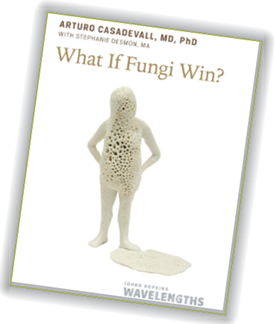
What if Fungi Win?
Could fungal pathogens outsmart us before we find ways to combat them? Dr. Arturo Casadevall, an epidemiologist, professor, and inventor, shares how the 1990s AIDS epidemic's fungal complications drove his medical mycology work, how COVID-19's fungal incidences underscore the continuing threat to the immunocompromised, and how he and his Johns Hopkins University laboratory team are discovering ways to counter the threats posed by these cunning, hungry combatants.
- From the publisher
Fungal Stress Responses and Clinical Implications
Moderator: Alejandro Antonia, MD, PhD
| Time | Speaker | Title |
|---|---|---|
| 11:20 am - 12:00 pm | Amy Gladfelter, PhD | Physical organization of the cytoplasm in response to environmental cues |
| 12:00 - 12:20 pm | Erica J. Washington, PhD | The interplay between fungal thermotolerance and sugar biosynthesis |
| 12:20 - 12:40 pm | Ilan Schwartz, MD, PhD | Fungal infections and climate change: a clinical perspective |
Lunch break, networking, and poster viewing
12:40 - 2:00 pm
Environmental Fungi and Ecosystem Resilience
Moderator: Audrey Williams, PhD
| Time | Speaker | Title |
|---|---|---|
| 2:00 - 2:40 pm | Colin Averill, PhD | Rewilding the forest fungal microbiome as a natural climate solution |
| 2:45 - 3:05 pm | Rytas Vilgalys, PhD | Functional genomics of forest-microbiome interactions before and after the Anthropocene |
| 3:10 - 4:10 p.m. | Arturo Casadevall, PhD; Amy Gladfelter, PhD; Colin Averill, PhD. Moderator: Asiya Gusa | Discussion panel: Where do we go from here? Challenges and Opportunities |
| 4:15 - 4:35 pm | Julian Liber, Vesper Fraunfelter, and Gabby Walker | Aftermath of Hurricane Helene: Investigating fungal growth and toxins that impact human health |
| 4:35-4:50 pm | Paola Ramos Irizarry, ScM | Closing session |
Keynote Speakers
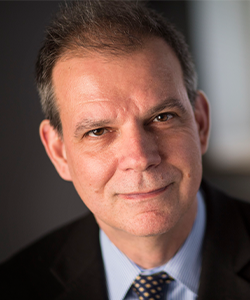
Fungal Diseases in a Warming World
Arturo Casadevall, MD, PhD
The Alfred and Jill Sommer Professor and Chair
W. Harry Feinstone Department of Molecular Microbiology & Immunology
Bloomberg Distinguished Professor
Johns Hopkins Bloomberg School of Public Health
Johns Hopkins School of Medicine
Arturo Casadevall is a microbiologist and immunologist who studies how microbes cause disease and how hosts protect themselves against microbes. His work aims to protect people from harm caused by new pathogens and resistant organisms and by compromised immune systems. Casadevall’s research is focused on fungal and bacterial pathogenesis—the origination and development of disease—and basic immunology of antibody structure-function. He has made major contributions to our understanding of fungal pathogenesis and how fungi evade the host immune response, and has developed novel therapeutic strategies for a variety of human diseases including melanoma and infectious diseases such as tuberculosis. His team is currently engaged in understanding how hosts defend against the fungus Cryptococcus neoformans, a ubiquitous environmental microbe that is a frequent cause of disease in individuals with impaired immunity. Casadevall is also known for his research on scientific misconduct, which has focused on fraudulent results published in journals, problems with the funding pipeline, the rise in retractions, and dual use research." Obtained from JHU Website
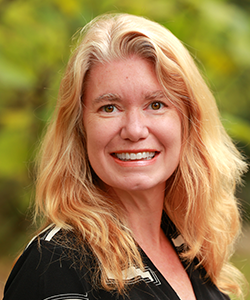
Physical Organization of the Cytoplasm in Response to Environmental Cues
Amy Gladfelter, PhD
Professor, Department of Cell Biology, Duke University
Co-Director, Center for Quantitative Living System
Amy Gladfelter, PhD, is a quantitative cell biologist and Professor of Biology at Duke University. She is focused on the giant, multinucleate cells of fungi and the human placenta, employing a variety of microscopy, genetic and biophysical approaches. Her work seeks to understand how giant cells in these systems both cope with and are susceptible to stress. She was elected to the American Academy of Arts and Sciences in 2023 and has received numerous honors, including the ASCB WICB Mid-Career Award for Excellence in Research (2015), the HHMI Faculty Scholar Award, and the Dartmouth Graduate Mentoring Award (2014). Her research advances our understanding of cellular organization with implications for health and disease.
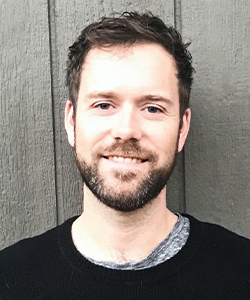
Rewilding the Forest Fungal Microbiome as a Natural Climate Solution
Colin Averill, PhD
Founder and CEO, Funga Public Benefit Corporation, Affiliated Scientist, ETH Zürich
Dr. Colin Averill is the Founder and CEO of Funga, a public benefit corporation reintroducing fungal biodiversity to forests, accelerating tree growth and carbon capture as a natural climate solution. Dr. Averill has spent over 18 years studying how soil microbial life controls forest carbon capture, most recently leading a team of ecologists at ETH Zürich’s Crowther Lab. His talk will cover new discoveries in forest fungal microbiology and what they mean for protecting fungal biodiversity, addressing climate change, and accelerating the recovery of nature. Watch his TED Talk on the science behind the work.
Duke Speakers
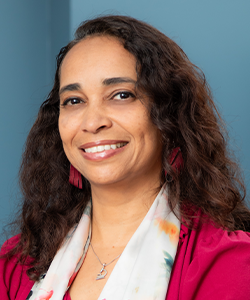
Asiya Gusa, PhD
Assistant Professor of Molecular Genetics and Microbiology
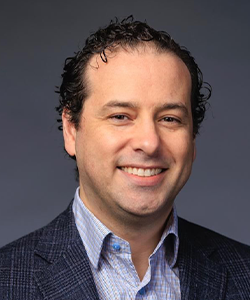
Ilan Schwartz, MD, PhD
Associate Professor of Medicine
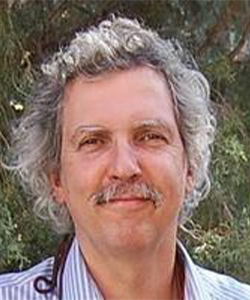
Rytas Vilgalys PhD
Professor of Biology
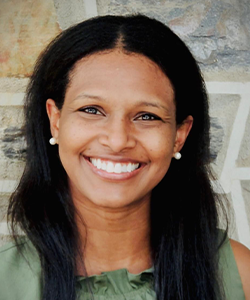
Erica Washington, PhD
Assistant Research Professor of Molecular Genetics and Microbiology
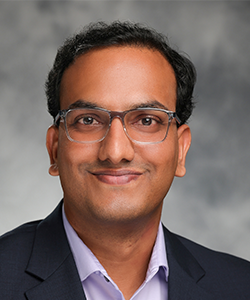
Vikas Yadav, PhD
Senior Research Associate

Symposium Planning Committee Members
- Asiya Gusa, PhD, Assistant Professor, MGM (Planning Co-Chair)
- Erica J. Washington, PhD, Research Assistant Professor, MGM (Planning Co-Chair)
- Márcia David Palma, PhD, Senior Research Associate, MGM
- Alejandro Antonia, MD, PhD, Infectious Disease Fellow, School of Medicine
- Audrey Williams, PhD, Postdoctoral Scholar, Cell Biology
- Paola Ramos Irizarry, ScM, PhD Candidate, MGM
Event Sponsors

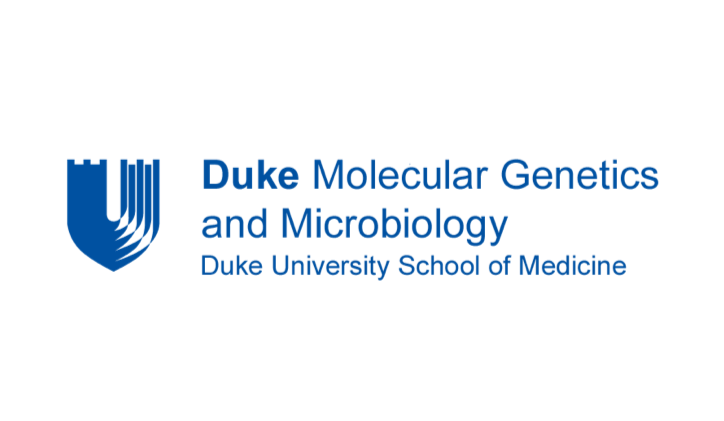
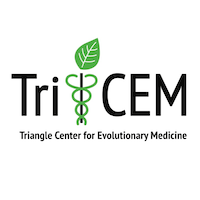
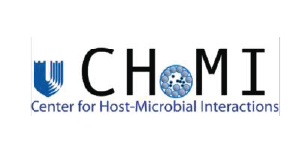
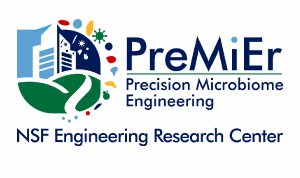
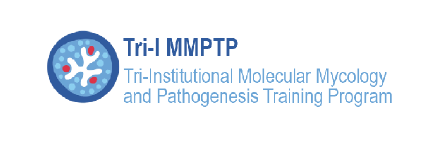
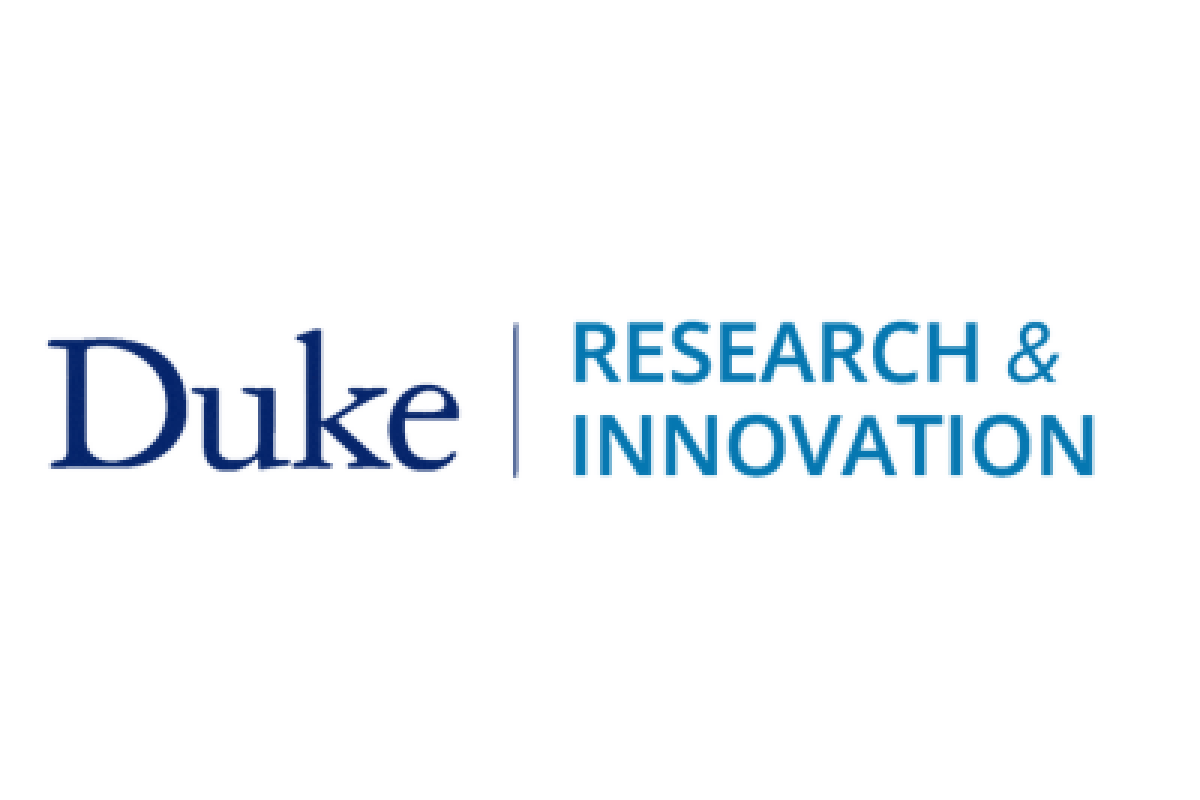
Contact:
Please contact Asiya Gusa or Erica J. Washington with any questions about the symposium.